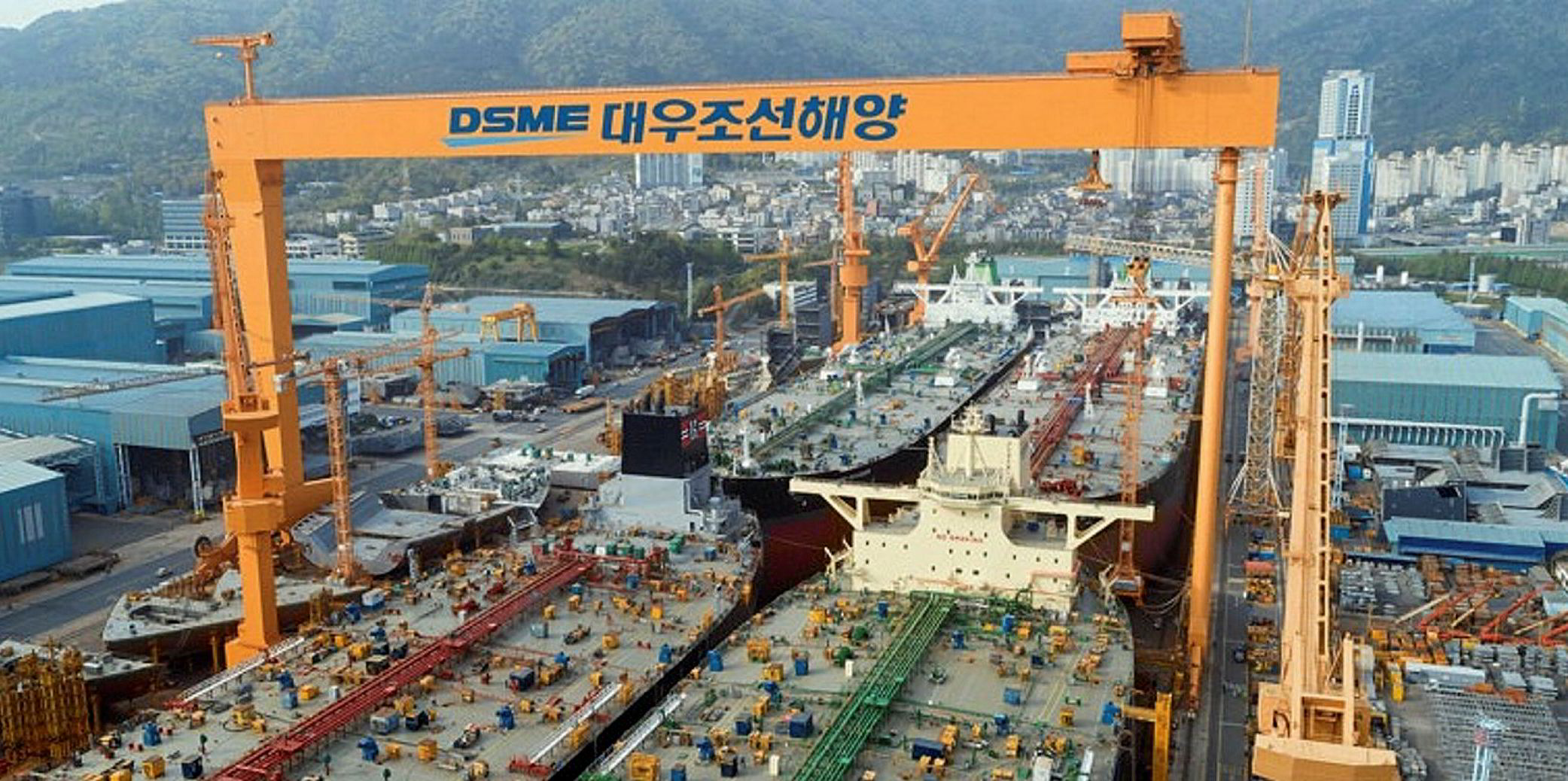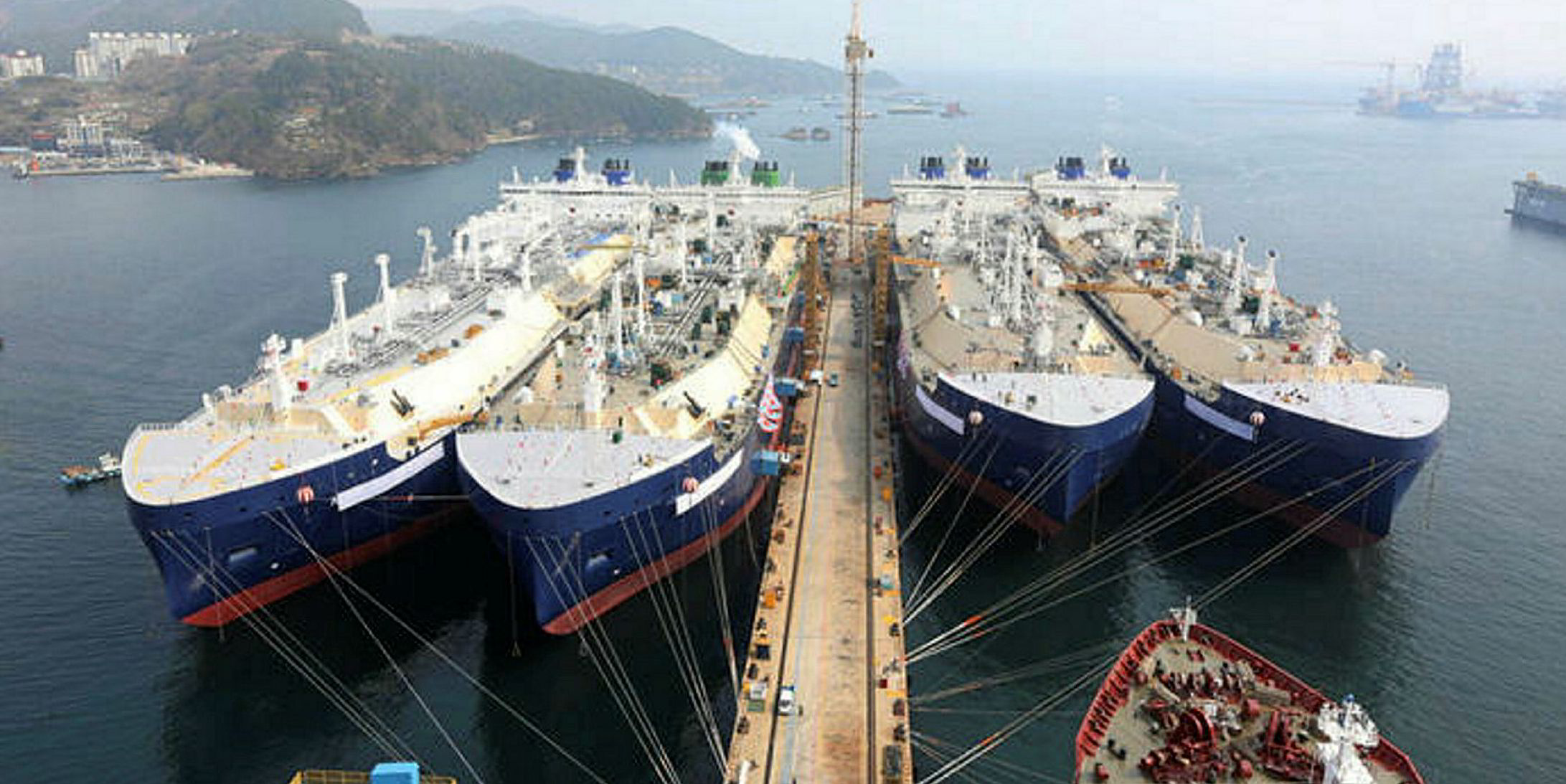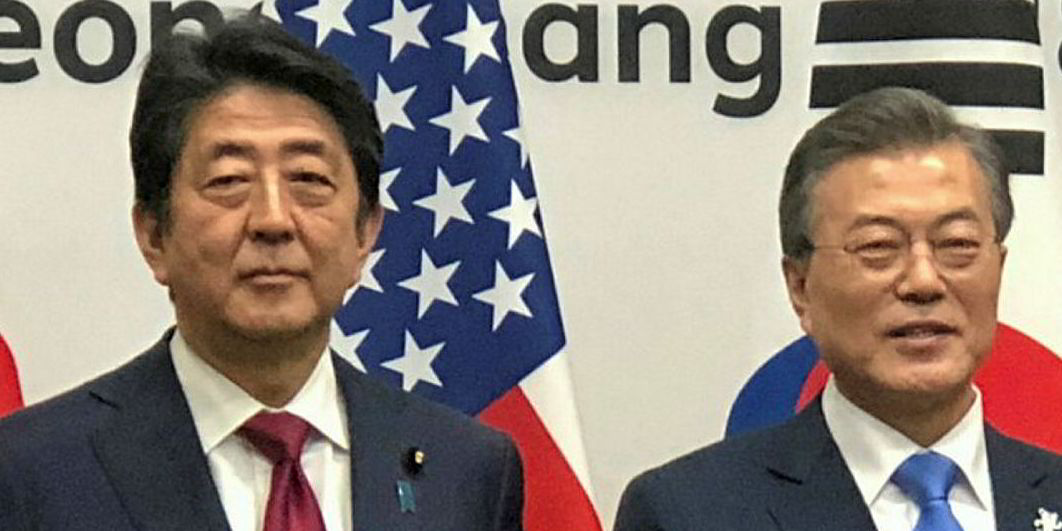Japan and South Korea failed to settle their differences over shipbuilding policy after the latest round of discussions under the World Trade Organisation (WTO) trade dispute process.
Last week government shipyard representatives from both countries took their dispute online and argued it out over video conferencing for the first time in response to the coronavirus pandemic. But, in the end, they came to the same conclusion.
South Korea’s government again rebutted Japan’s complaint that it had benefitted its yards with state funding, most notably to DSME, which breached WTO regulations.
Japan alleges since 2015 Korea provided, through its public financial institutions, financial assistance totalling to KRW 12 trn ($9.7bn) to financially-struggling domestic shipbuilder DSME.
On top of that South Korean state backed banks are accused by Japan of issuing advance payment refund guarantees in order to help the country’s shipbuilders secure newbuilding orders.
Japan further claims South Korea is extending a further KRW 1trn assistance to the domestic shipbuilder this year.
In a statement issued after the talks South Korea’s Ministry of Trade, Industry and Energy said: “The problems raised by Japan were groundless, and (we) reiterated that all financial transactions on which Japan took issue had been carried out in a manner consistent with the WTO rules based on commercial consideration and that they did not have a negative impact such as market distortion.”
It now looks like with the parties making no progress under the bilateral talks that, as required under WTO rules, an independent panel will at some time have to be called in to rule on the matter.
The European Union (EU) also participated in the WTO talks as an observer. Both the EU and Japan are concerned that the shipbuilding industry is heading for another period of crisis and want a firm ruling on international subsidies from the WTO.
The coronavirus pandemic has already caused a downturn in orders in an already difficult shipbuilding market. The concern is that with global trade growth forecasts and newbuilding demand set to be revised downwards governments will be again tempted to bail out financially distressed yards.






